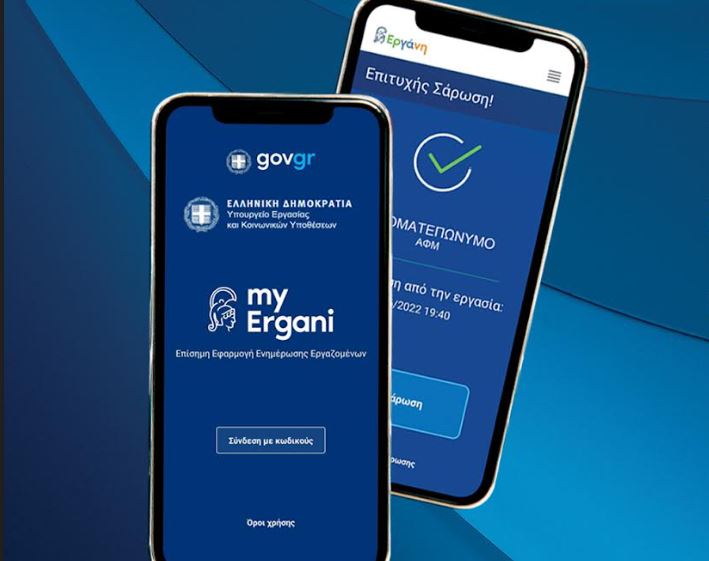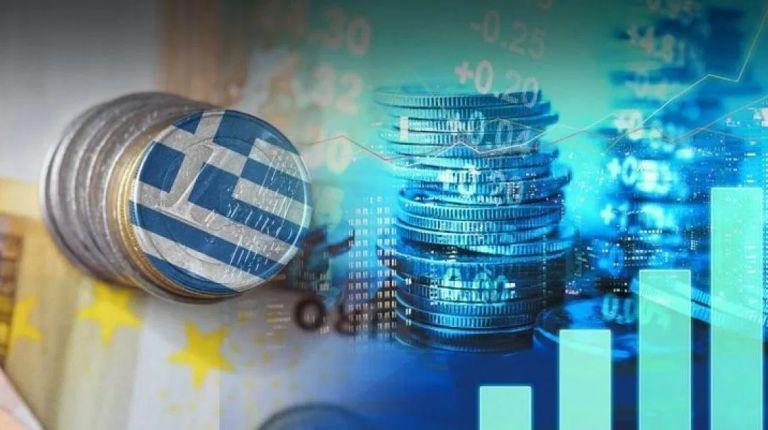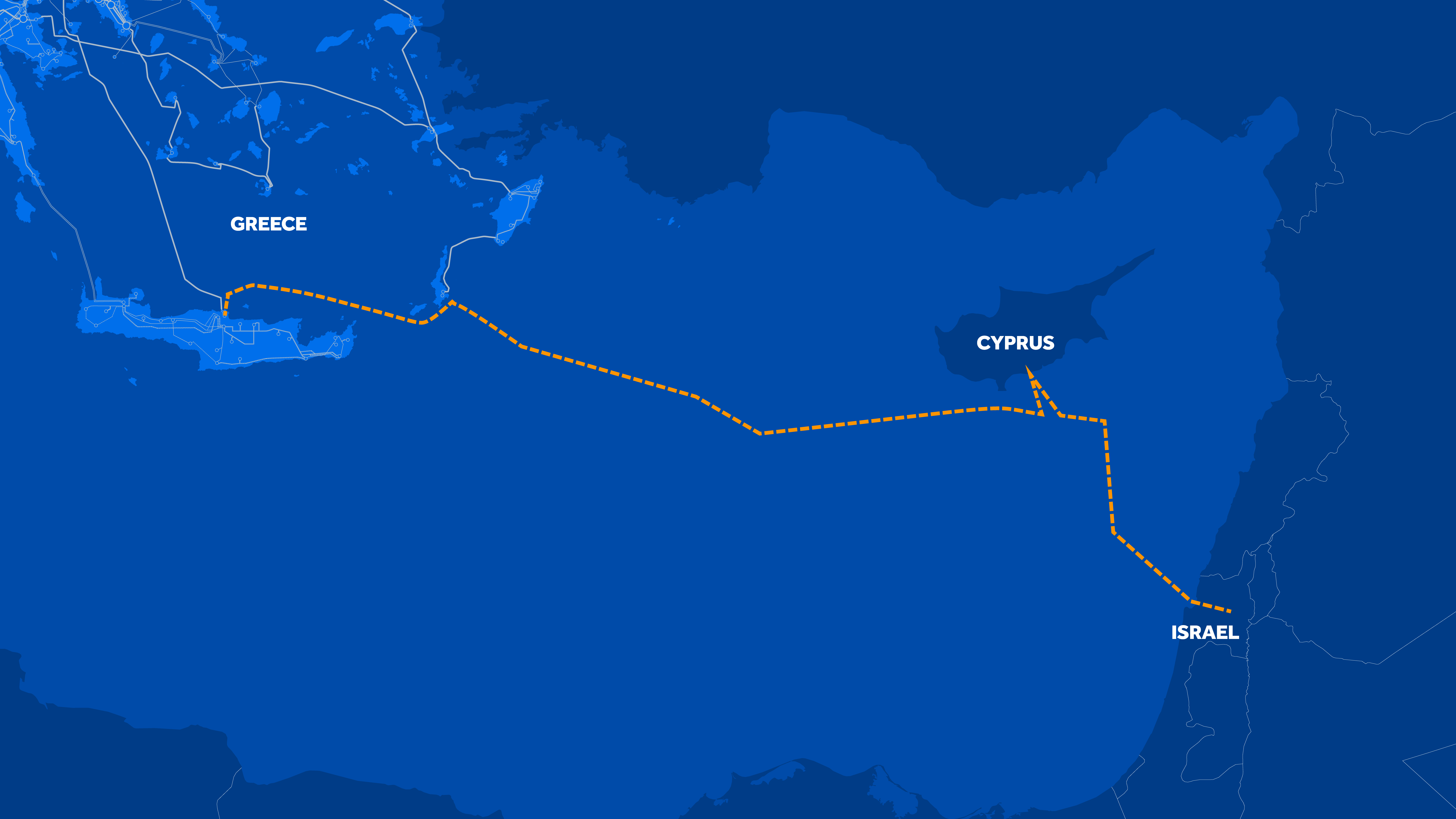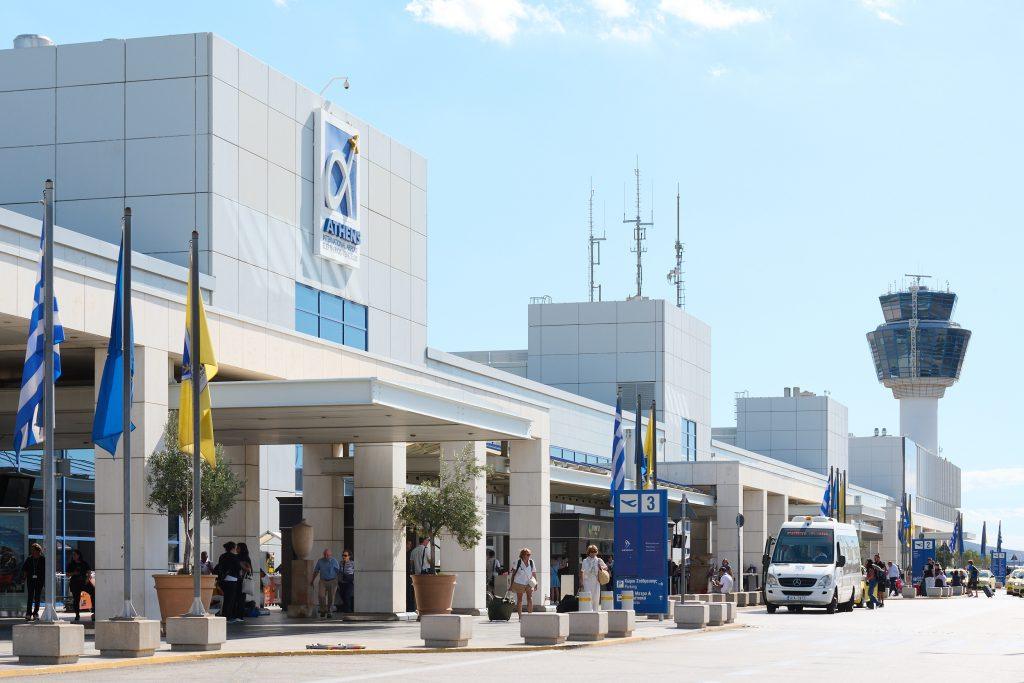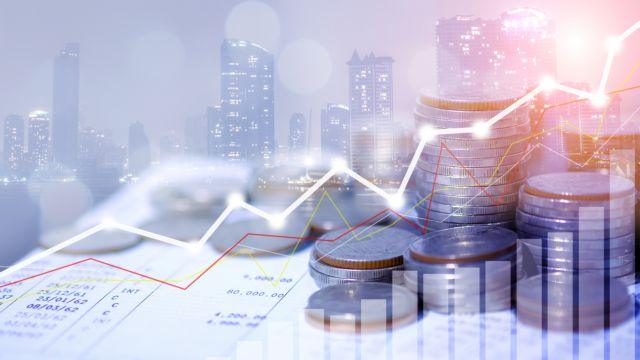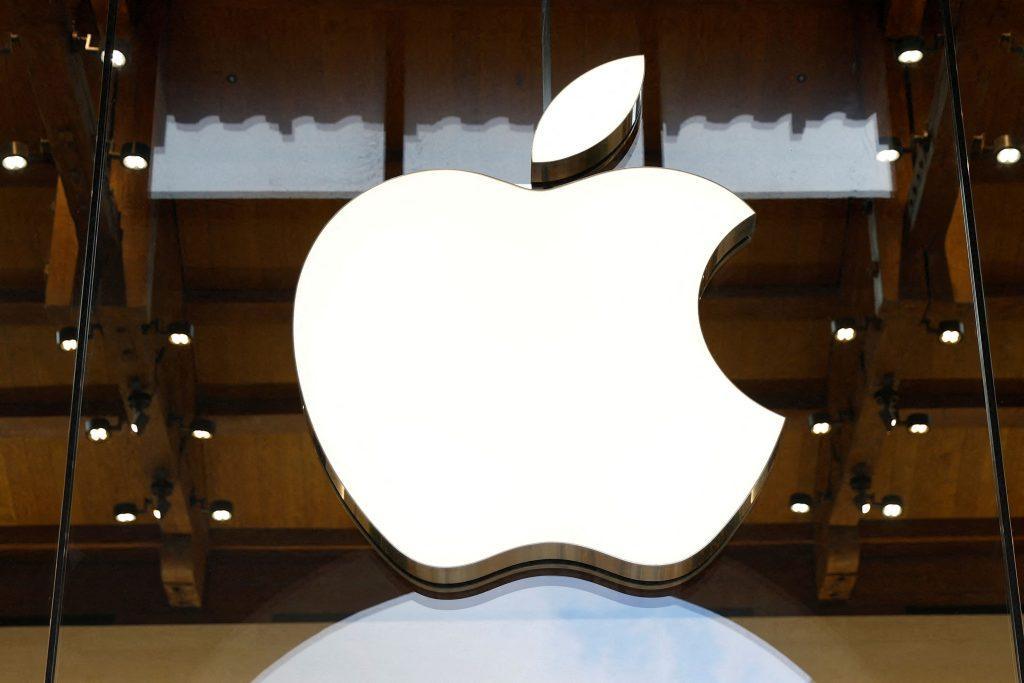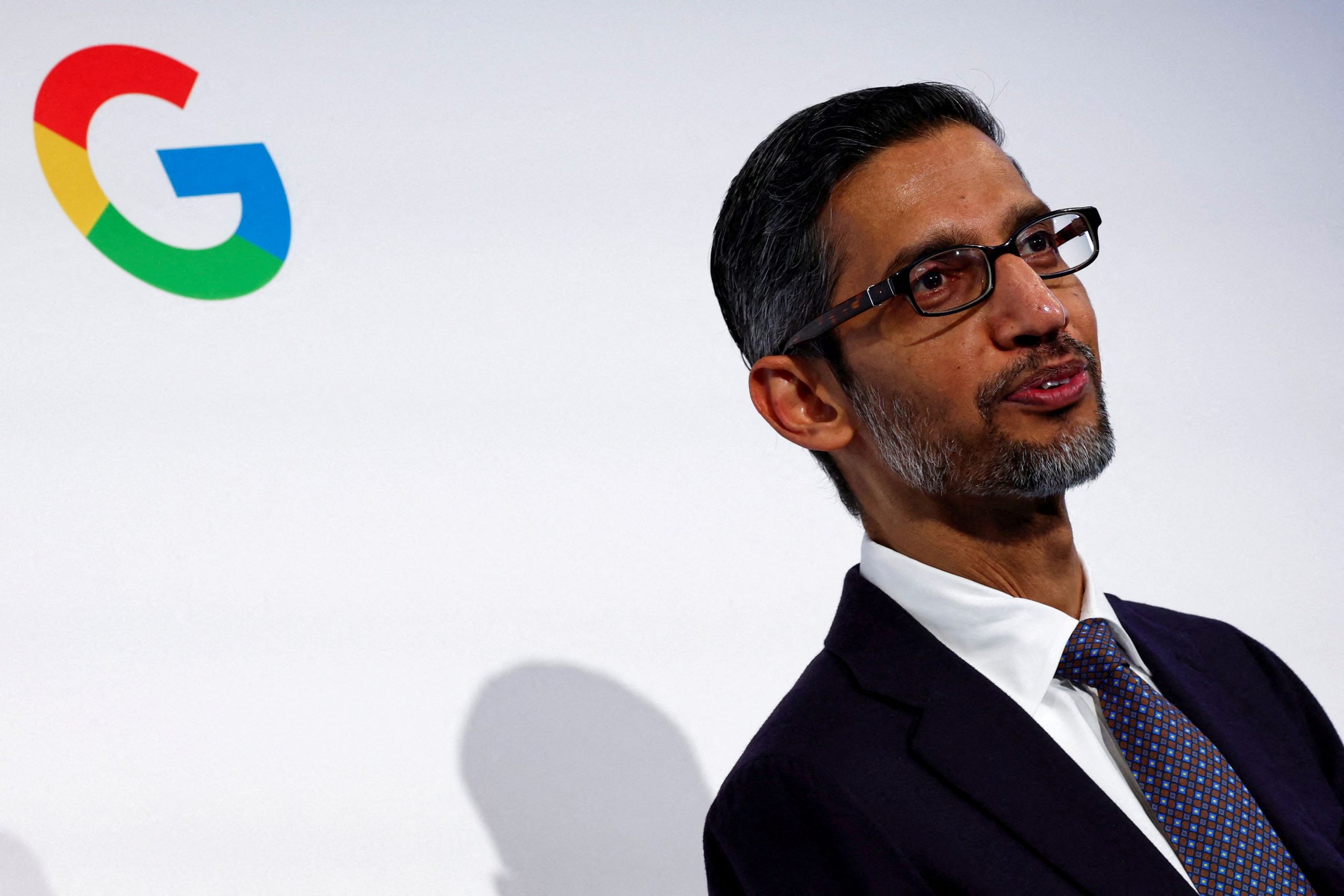Digital job cards in banks and supermarkets with more than 250 employees are ushered in today. At this initial stage the Labor Ministry measure concerns 121,000 workers and 53 businesses. It will then be extended to insurance companies, industry and gradually to the entire spectrum of the economy.
Already 40,368 employees, i.e. approximately one third of the employees employed in banks and supermarkets, have “downloaded” the myErgani app to their mobile phones, which includes the Digital Work Card as an extension.
The application is available for Android and iOS devices.
What is changing with the work card, according to the Labor Ministry?
ERGANI II leads to a radical upgrade of the possibilities of recording the planning of work time as well as actual time on the job, allowing competent authorities to control the actual labor practices in firms.
Thus, work scheduling and information on the actual start – finish times of work will be entered digitally and will be available to employees through the myErgani mobile app and in calendar format.
How does the digital card ensure punctuality, pay overtime and deal with declared/undeclared work?
The digital card introduces two important safety features that facilitate checks and make them automatic and objective, which are as follows:
- The start and end of work will be automatically notified to the ERGANI II system.
- The auditor will know before visiting a workplace which workers should be there.
Employees who are in the workplace while their departure has been registered or their arrival has not been announced will be immediately and easily identifiable by the auditors. This is how the practice of employing persons for more work time than they are paid for will be addressed.
In addition, employees will be able to use their digital work card records to prove their employment practices in court as well. They will even have the right to issue a payment order based on the details of the digital work card, since this will provide full proof of the time they were actually employed.
How will the digital card actually work?
When arriving – leaving work, the employee will “tap” the card indicating the start – end of work. Work scheduling and information on actual work start-end times will now be digitally entered into the ERGANI II system and will be available to employees through the myErgani mobile app, as well as through the myErgani web portal.
The card can be either in physical form, such as the cards that many companies use today to record working hours, or in a digital application on the employee’s mobile phone that will generate a QR code that will be “scanned” the corresponding digital application of the enterprise.
This is exactly the process used to “scan” vaccination and similar certificates. Businesses that have work time-measuring systems will transmit to ERGANI II the start-end information for each employee. For the rest, the information will be transmitted automatically through the application.
How is it different from the time and card systems that many businesses use today?
The reform that is also the key point for meeting working hours is the direct, real-time connection to TOOL II.
Thus, the employment will not only be recorded in the employer’s system, but at the same time in the system of the Ministry of Labour, in TOOL II, as a result of which it will no one will be able to intervene and alter the data.
How will employees benefit?
The digital work card is the best guarantee for respecting the hours and paying overtime to employees.
The use of digital technology both for recording working hours and for control by the competent authorities is a guarantee for transparent and objective controls, which guarantee the rights, hours, income and free time of employees. The new system is also a guarantee to prove their time of employment before the courts.
